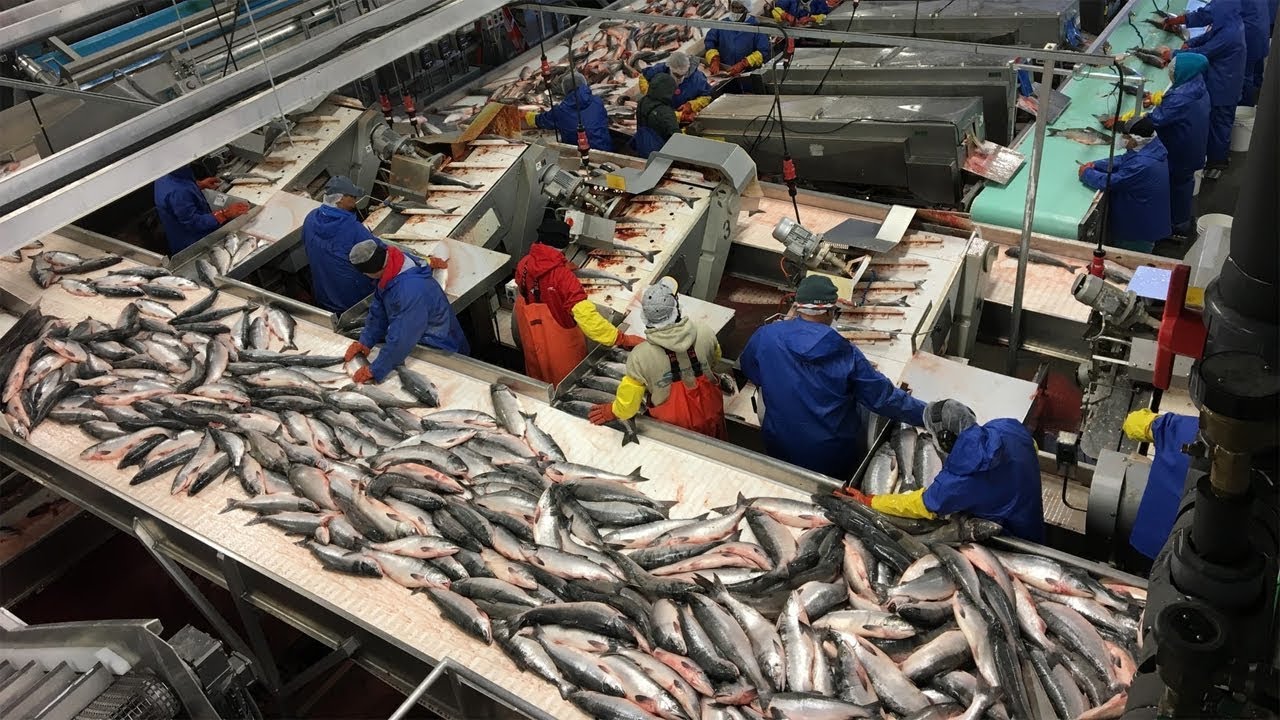The Fisheries Division is entrusted with working to achieve sustainable development of fish production, improving and developing fishermen's living areas and achieving food security in addition to preserving the diversity of marine organisms and protecting the Egyptian waters, which include the Egyptian coasts of the Red and Mediterranean Sea, in addition to the northern and inner lakes, as well as the source of life for the Egyptians, the Nile River. This is through monitoring fish production, determining the spread and distribution of fish populations, assessing fish stocks, tracking biological changes that occur in this fish stock, evaluating the fishing methods and equipment used in order to suggest ways and preventive means that keep it from deteriorating while determining the number of fishing vessels authorized to use each of these Tools. Increasing the efficiency and development of different fishing methods, especially bottom trawls and floating traction in the middle of the water column. Examining the economic and social status of fishermen and tracking fishing statistics to determine the maximum and best fish return for fishing operations. Developing industries and fish products with low costs and high nutritional value to maximize the role of cheap fish products, thus increasing the yield from the catch and opening new job opportunities. The Fisheries Division consists of six laboratories:
Fisheries Biology Laboratory
It is concerned with studying the biological diversity of fish and migratory fish and its relationship to the prevailing environmental changes. Fish biology study (age, growth, reproduction and eating habits). And determine the economic breeding areas of fish for their protected. Conducting scientific hunting surveys in different areas and depths, and discovering new fishing areas.
Fish Population Dynamics Laboratory
It is concerned with estimating fish stocks of economic species and organizing fisheries in the Egyptian waters. Analyzing samples and determining the biological and dynamic parameters necessary to assess the current state of catches and setting regulatory standards that ensure the preservation of the production capacity of the various fish groups.

Fish Economics and Statistics Laboratory
It works on estimating fishing effort expended and productivity unit effort with economic evaluation of fishing trades working. Evaluate the current status of the sites and exits of the caught fish and their relative importance. Raise the economic and social level of workers in the fishing sector in the Egyptian lake fisheries.
Fish Processing Technology Laboratory
Interested in studying the state of local and imported fish traded on the Egyptian market. Study the best methods for developing fish products such as (sausage - burgers - fish fingers - fish luncheon - fish pastrami) and study the degree of its acceptance for the Egyptian consumer. Study the preparation of some meals (ready to eat directly - semi-processed or half cooked) of fish.

